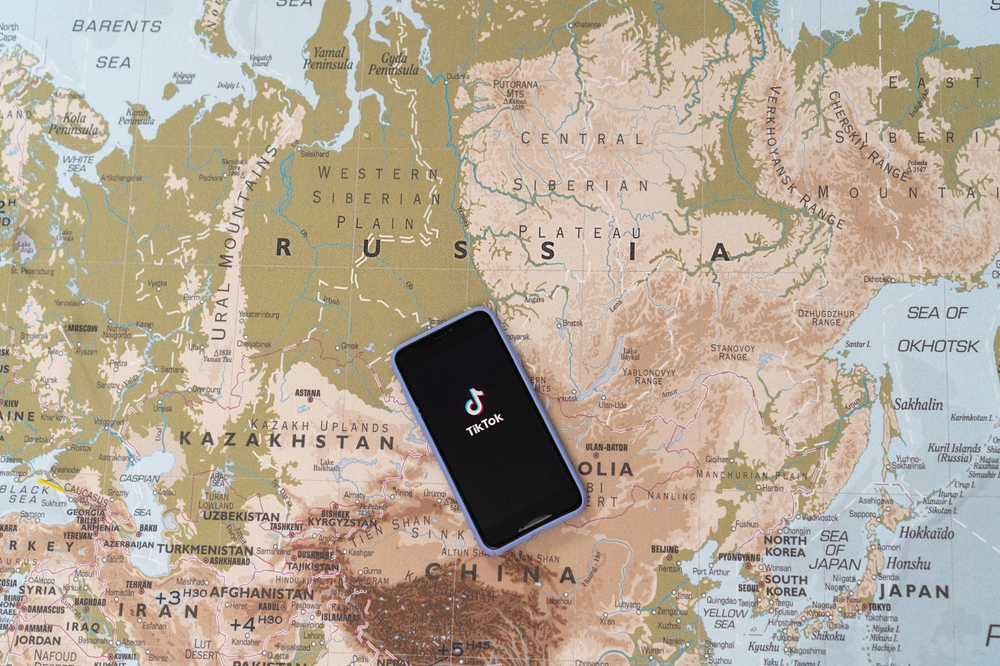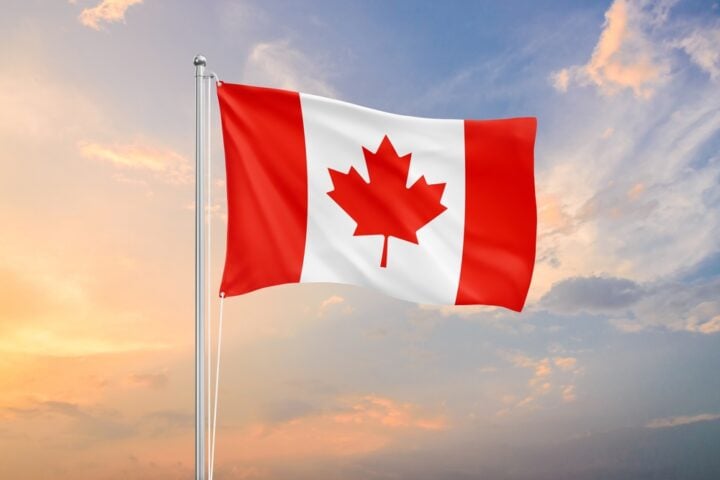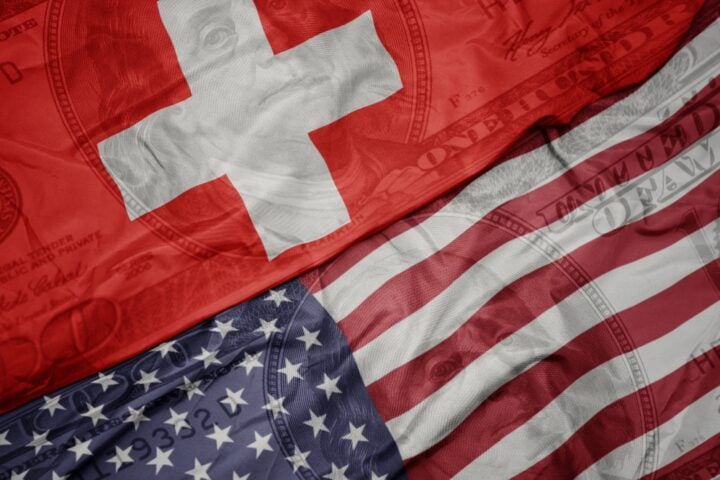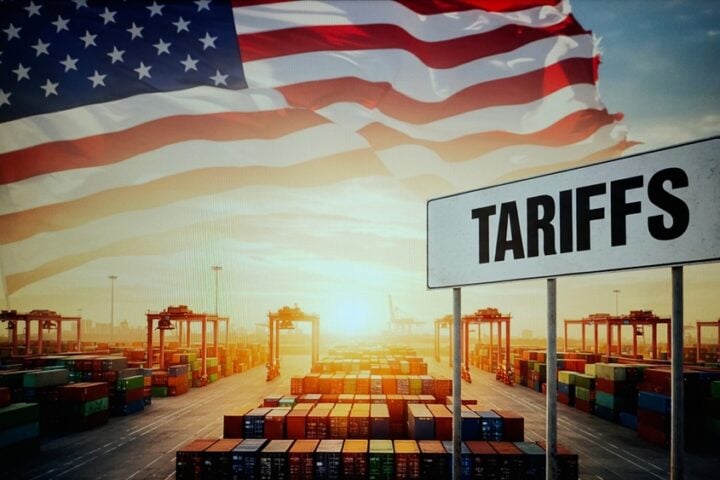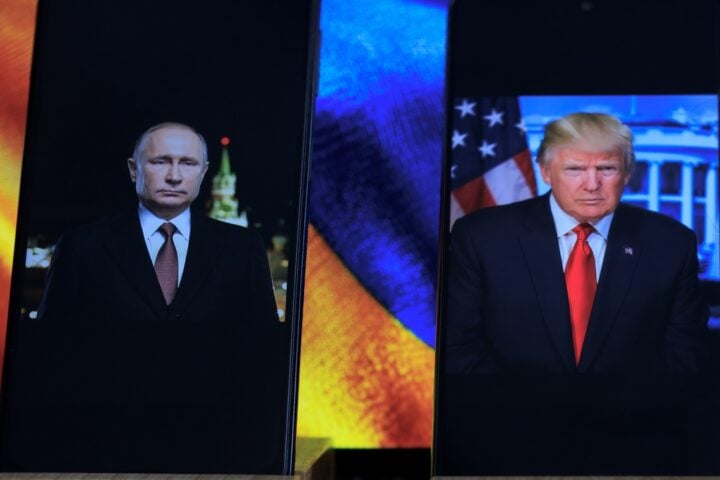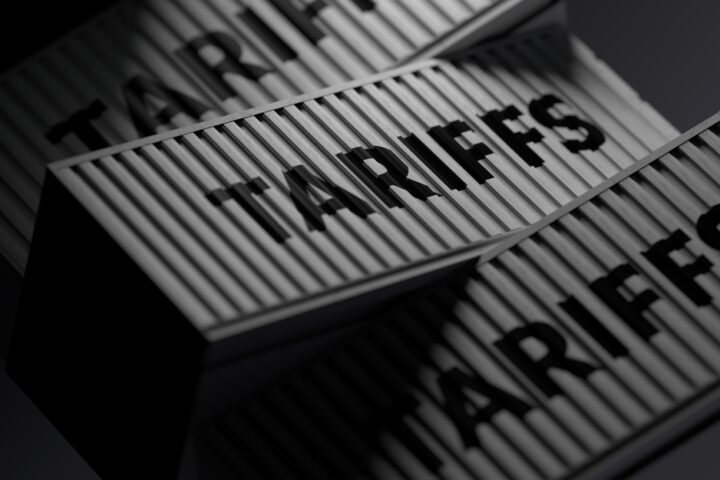In a significant move to protect the integrity of the upcoming 2024 U.S. presidential election, TikTok has taken action to block accounts linked to Russian state media outlets. These accounts, associated with major Russian organizations Rossiya Segodnya and TV-Novosti—parent entities of the Sputnik news agency and RT broadcaster—were removed for attempting to meddle in U.S. political affairs. This decisive step reflects TikTok’s ongoing efforts to limit foreign interference on its platform, which is used by over 170 million Americans for both entertainment and political discourse.
TikTok Follows Meta’s Lead in Curbing Foreign Interference
TikTok’s actions follow a similar move by Meta, the parent company of Facebook and Instagram, which recently banned Russian media outlets like RT and Rossiya Segodnya for engaging in foreign interference globally. Both social media giants are responding to growing concerns about the influence of foreign state-backed media, especially during sensitive political periods such as election campaigns. Despite these significant bans, neither Rossiya Segodnya nor RT has made a public statement regarding TikTok’s decision.
As election season heats up, platforms like TikTok and Meta are facing increasing pressure to ensure their platforms are not exploited by foreign actors seeking to influence public opinion in the United States. The concern over foreign interference is particularly acute as it relates to state-sponsored entities like those from Russia, which have previously been implicated in efforts to disrupt democratic processes.
U.S. Government Responds to Russian Interference
Beyond the actions taken by social media companies, the U.S. government is also cracking down on Russian attempts to influence American voters. Earlier this month, the Department of Justice (DOJ) charged two employees of RT with running a covert operation that funneled nearly $10 million into a U.S.-based media outlet, Tenet Media. According to the DOJ, this money was used to promote content favorable to Russian state interests, part of a broader scheme to sway American voters ahead of the 2024 election.
Tenet Media, which features several well-known conservative commentators, was allegedly manipulated to push pro-Russian narratives without the knowledge of the commentators themselves. Popular personalities such as Tim Pool, Dave Rubin, and Benny Johnson have all stated that they were unaware of the origins of the funding and consider themselves victims of the scheme.
Despite the seriousness of the charges, RT has downplayed the allegations, dismissing them as baseless without addressing the specific claims made by U.S. officials.
TikTok Faces Scrutiny Over Chinese Ownership Amid U.S. Election Concerns
While TikTok’s decision to block Russian accounts has been viewed as a proactive step, the platform itself remains under intense scrutiny for potential vulnerabilities to foreign influence. Owned by the Chinese company ByteDance, TikTok has long been a focal point of debate in the U.S., with lawmakers expressing concerns that the app could be used by the Chinese government to gather data or manipulate public opinion. This issue has only intensified as the 2024 election draws nearer.
In April, President Joe Biden signed legislation that could pave the way for a nationwide ban on TikTok unless the platform separates itself from its Chinese parent company. ByteDance has since challenged the proposed ban in court, denying accusations that TikTok serves as a tool for Chinese state interference. Despite these reassurances, the threat of a ban continues to loom over the platform, further complicating its role in the U.S. political landscape.
A Broader Effort to Protect Digital Spaces Ahead of the Election
As platforms like TikTok, Meta, and others ramp up efforts to curtail foreign meddling, the U.S. government remains vigilant in safeguarding the digital space from interference. The 2024 presidential election is set to be a high-stakes event, and any attempts by foreign entities to disrupt or manipulate the outcome are being met with swift action.
For TikTok, the blocking of Russian state media accounts is a clear signal of its commitment to maintaining the platform’s integrity. However, with the platform still facing broader concerns over its Chinese ownership, the coming months will be critical in determining whether it can remain a trusted player in the digital media space as the election nears.


